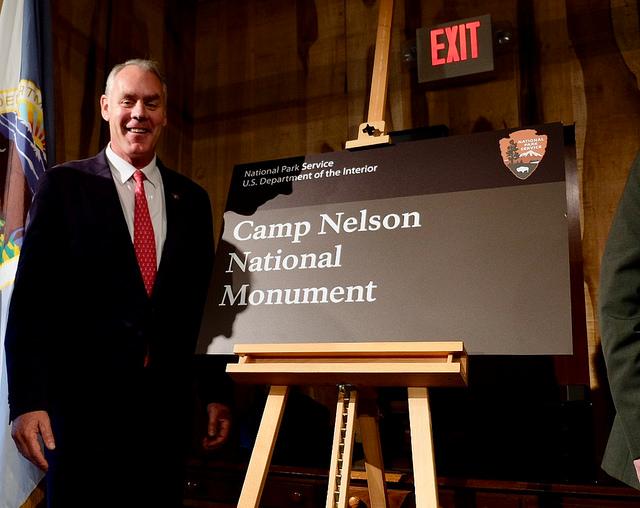NEW YORK—Possibly the most important decision regarding high volume hydraulic fracturing, or fracking, will be made this spring. The decision will come from Albany—but not from Gov. Andrew Cuomo, nor the state’s Department of Environmental Protection.
On Thursday, the New York State Supreme Court will begin hearing testimony in what is shaping up to be a landmark case, Norse Energy v. the town of Dryden. The case will set a precedent on whether towns can impose a ban on fracking, even if the state allows it. It’s a ruling that may prove far more important than lifting the nearly five-year moratorium.
“Cities and town all across the country will be watching the outcome of this case,” said Shaun Goho, staff attorney and clinical instructor at Harvard Law School’s Emmett Environmental Law and Policy Clinic in a conference call on Tuesday. “This case will not be binding in a strictly legal sense on other states, but in a broader sense, this case can throw down a marker.”
In early 2011 a petition was drafted to ban fracking in the 94-square-mile town of 14,500 residents. After months of passionate debate, a unanimous, bipartisan vote to approve the amendment was passed, according to Mary Ann Sumner, Dryden’s town supervisor. The decision to ban fracking came after years of studying the process, including watching how it affected their neighbors across the Delaware River in Pennsylvania.
In September of 2011 Dryden was sued by Anschutz Exploration Corporation for imposing a ban on fracking. The New York Supreme Court sided with Dryden in a February 2012 ruling. Anschutz filed an appeal, but later dropped out and was replaced in the appeal by Norse Energy. Norse Energy, a U.S. subsidiary of Norse Energy Corp. based in Norway, filed for chapter 11 bankruptcy in December 2012. The filing listed debts of more than $32 million and zero assets.
Four judges will decide if a town can use zoning laws to regulate what was poised to be a booming industry, or if the state laws have the final say on where drilling pads can be placed within a municipality.
Recommended: Fracking Ban Pushing Industry Out of New York
“This case, and others like it, arises at what is really an intersection of areas of traditional state authority and traditional local concern,” said Goho.
He said states have an interest in how natural resources are developed. Local governments, however, usually take the lead on land use and zoning issues because “they have a strong interest in things that will significantly affect the character of their communities.”
Goho said local ordinances related to drilling have been around for nearly as long as the industry, but the recent uptick in cases going to court is a sign of the times.
In the the quick rise of the shale gas industry, a greater number of municipalities are looking to these types of ordinances for protection.
“Fracking is bringing gas drilling to places who have not had to deal with it before,” Goho said. “Local governments also feel like they need to deal with these impacts because of gaps and loopholes in federal and state laws addressing oil and gas drilling.”
Recommended: New Fracking Film An Answer to ‘Gasland’
The state’s highest court is expected to take four to six weeks to review the case. Deborah Goldberg, managing attorney at Earthjustice, the law firm who will represent Dryden, said it may take longer. “Most people believe regardless of how this case comes out, the loser is going to seek the right to appeal to the Court of Appeals,” Goldberg said on the conference call. “It is conceivable this panel will want to write a very thorough opinion before it goes up on appeal.”
Goldberg said there will only be four judges to hear the case instead of the typical five. If the judges rule in a split decision, the decision from the lower court, which was in favor of Dryden, will be upheld.
The Epoch Times publishes in 35 countries and in 21 languages. Subscribe to our e-newsletter.




